Double Standards
— BRAVE CONVERSATIONS SERIES —
A Deliberate Approach to Diversity, Equity, and Inclusion
Lawrence Hall’s DEI Committee strives to ensure Lawrence Hall is a diverse, equitable environment of belonging and inclusivity. Having “brave conversations” about diversity, equity, and inclusion (DEI) in the workplace is a necessity for healthy company culture and requires honesty, compassion, and self-reflection of all involved. Our Brave Conversations Series highlights topics not normally discussed but that have deep, personal impacts on our staff, youth, families, and communities.
March is Women’s History Month, so this month’s Brave Conversations will focus on issues facing women today. Our next conversation is around the double standards women face.
What are double standards?
Double standards refer to rules or principles that are applied differently to one group of people or circumstances than to another without proper justification. This unfair application typically leads to the repression of a group.
How do double standards apply to women?
Because gender bias and patriarchal societies have existed for thousands of years, women deal with double standards across all sectors of their lives—beauty ideals, child rearing, sex life, workplace, and social interactions.
This isn’t to say that all men are the enforcers of double standards; some double standards are so ingrained in cultural norms that women themselves often unknowingly adhere to these inequitable practices.
But this is 2022. We’ve gotten past double standards, right?
Though we’ve all probably debated one of the most common double standards of all—how men and women are perceived differently concerning numbers of sexual partners—many double standards still permeate our daily lives.
 The “Pink Tax”
The “Pink Tax”
Ever wonder why a man’s haircut is $15, while a woman’s trim is $50? The “pink tax” refers to how feminine products are more expensive in comparison to their “masculine” counterparts.
“From everyday items like deodorant and clothing to services such as haircuts and dry-cleaning, to mortgages and car insurance, women are paying more than men for necessities,” highlights writer Talia Lakritz.
Smile!
Ever been told to smile more? If you’re a woman, you most likely have. Men are rarely told to smile more, as neutral expressions on men are perceived as strength. Strong women, on the other hand, are seen as bossy or unlikeable. Neutral, unsmiling expressions on women are often referred to negatively as a “resting bitch face”—and there is no universally accepted male equivalent for this term.
Colorism & beauty standards
Though skin tone was historically attributed to social status, colorism has taken a double-standard turn among women themselves. The tanning bed industry in the USA alone is worth nearly $4 billion dollars, as a suntan on a white woman is perceived as more attractive and healthy.
In contrast, Indians spend $500 million annually in skin lightening products, dark Latina actresses are cast far less than their fair Latina counterparts, and concerning Black beauty, Amandla Stenberg, a star in The Hunger Games and The Hate You Give, points out, “While white women are praised for altering their bodies, plumping their lips, and tanning their skin, black women are shamed, although the same features exist on them naturally.”
What can you do?
- Be aware of double standards and “rules” that hold women to unfair practices. Acknowledging a problem exists and self-reflection are always the first steps in change.
- Flip the situation. Beware of egocentric bias, a cognitive bias that causes people to rely too heavily on their own point of view. Always put the shoe on the other foot. How would you feel if the same standards were applied to you? Seeing through the eyes of a woman encourages compassion, understanding, and change.
- Speak up. See something? Say something. Be an example of change and help raise awareness in your social circles. Double standards at work? Approach your HR department and report the event.
FURTHER READING
Not Very Likeable: Here Is How Bias Is Affecting Women Leaders
He is a Stud, She is a Slut! A Meta-Analysis on the Continued Existence of Sexual Double Standards
Why are we still so squeamish about breast-feeding?
Pink Tax: The Real Cost of Gender-Based Pricing
MOVIES
Promising Young Woman (2020) directed by Emerald Fennell
I Am Not an Easy Man (2018), French with subtitles
BOOKS
Hidden Figures
Margot Lee Shetterly
The Alice Network
Kate Quinn
The Sky Is for Everyone: Women Astronomers in Their Own Words
Edited by Virginia Trimble and David A. Weintraub
The World Made By Women: A History of Women From the Apple to the Pill (coming in 2023)
Amanda Foreman
PODCASTS
Search
Categories
- Blog (15)
- Grants and Awards (5)
- News (75)
Lawrence Hall is a 501(c)(3) organization. Gifts are deductible to the full extent allowable under IRS regulations.
©2025 Lawrence Hall All rights reserved. Site Construction by WorkSite









